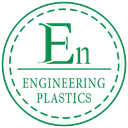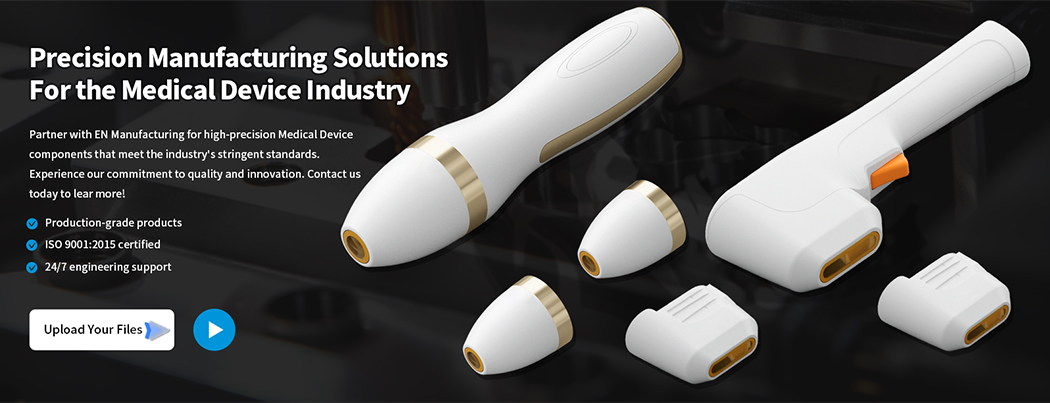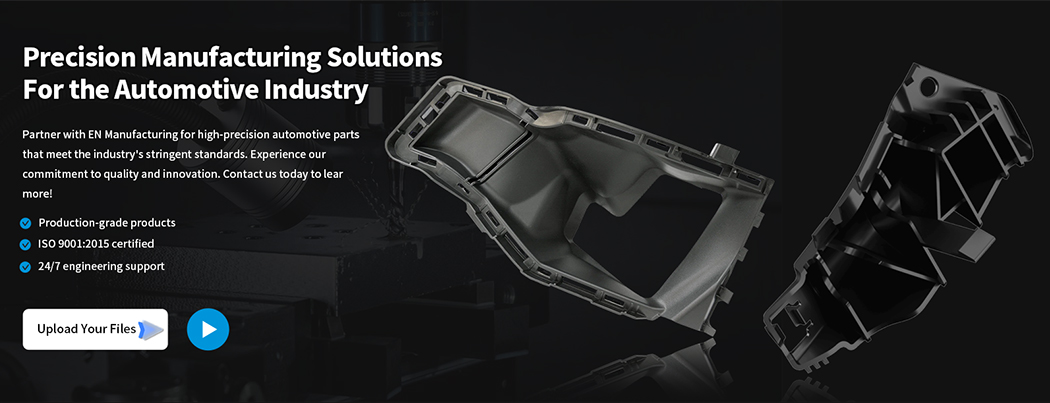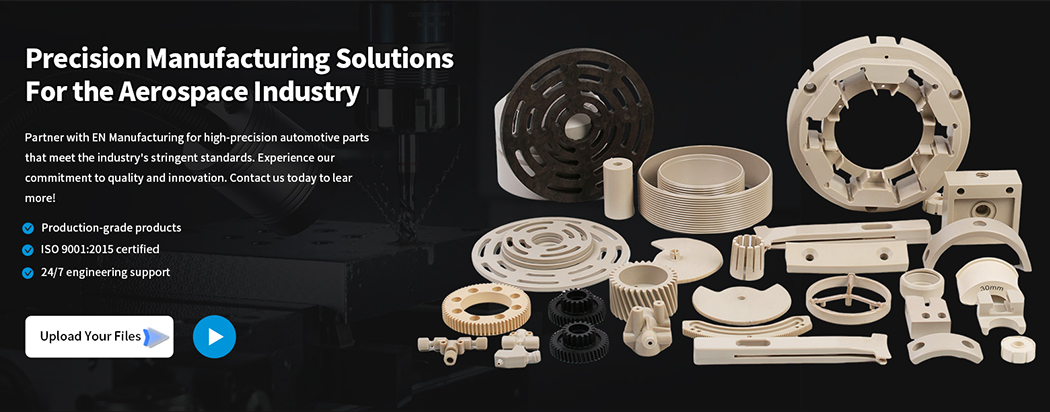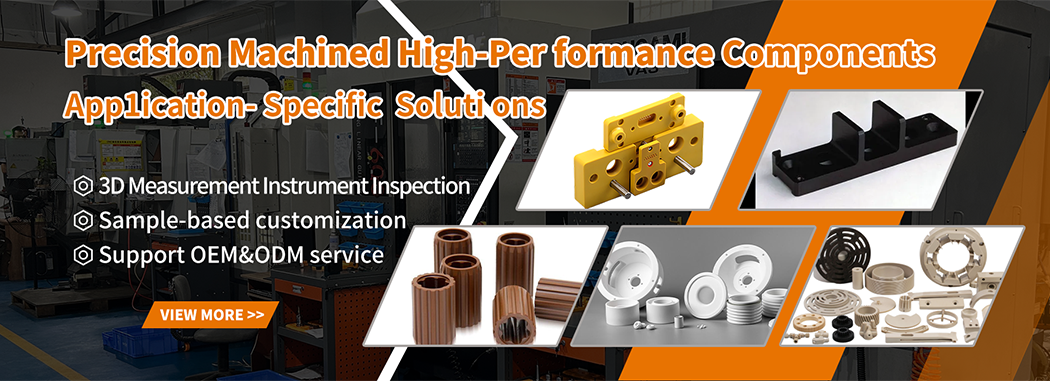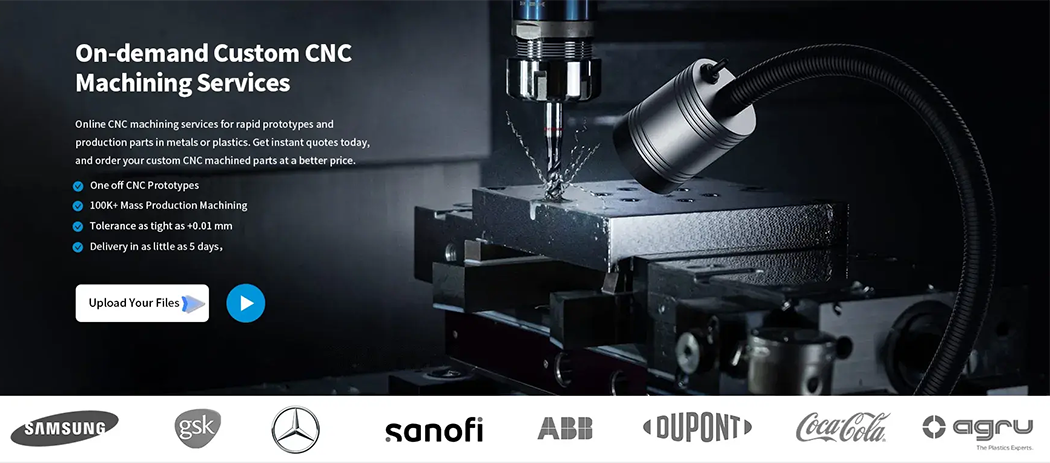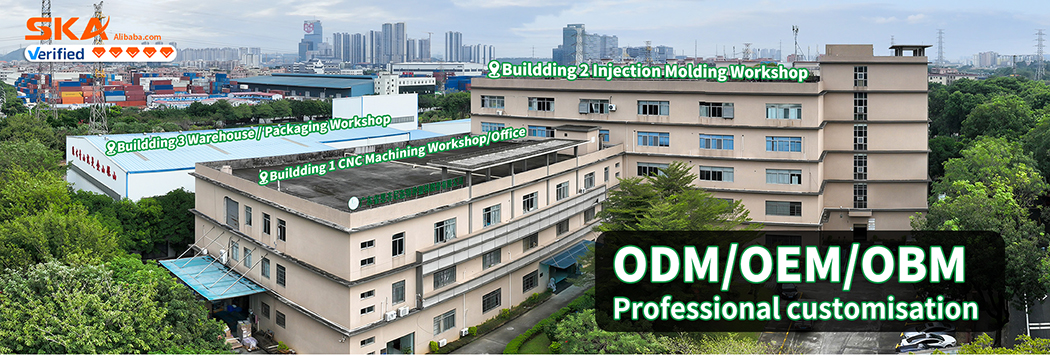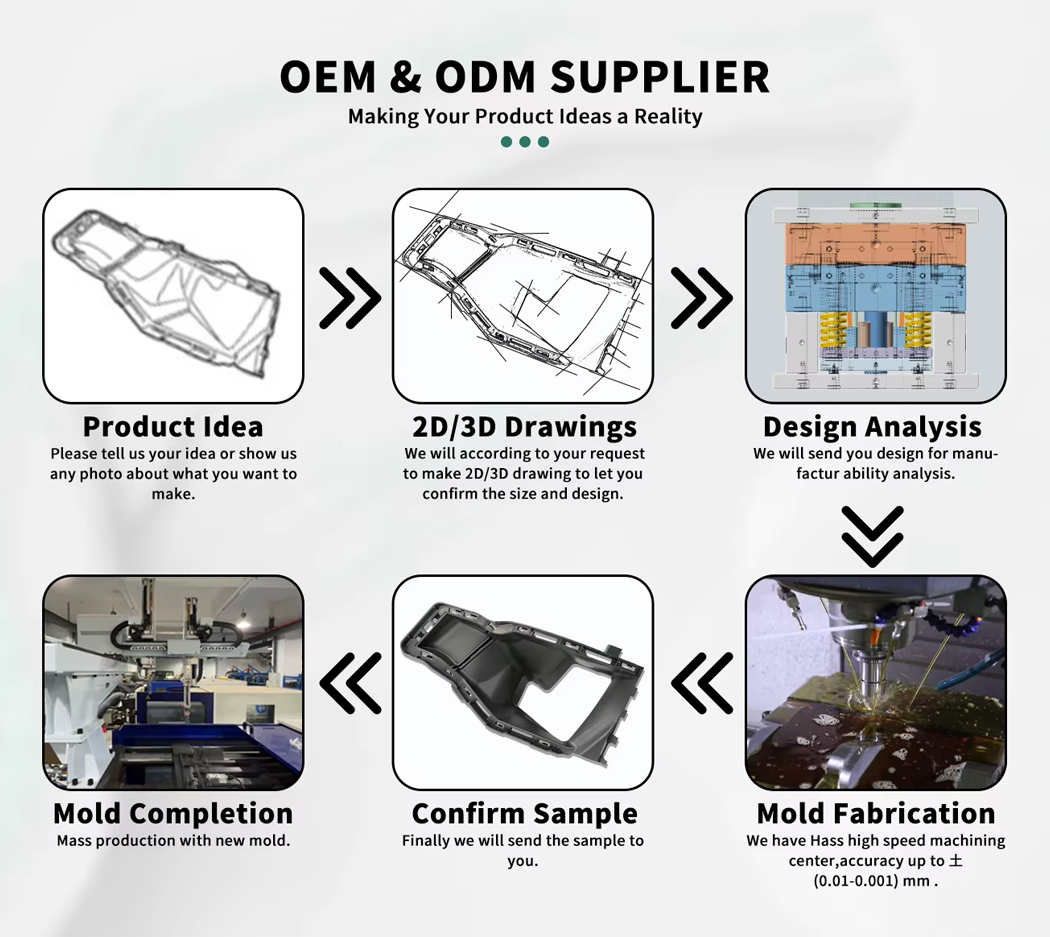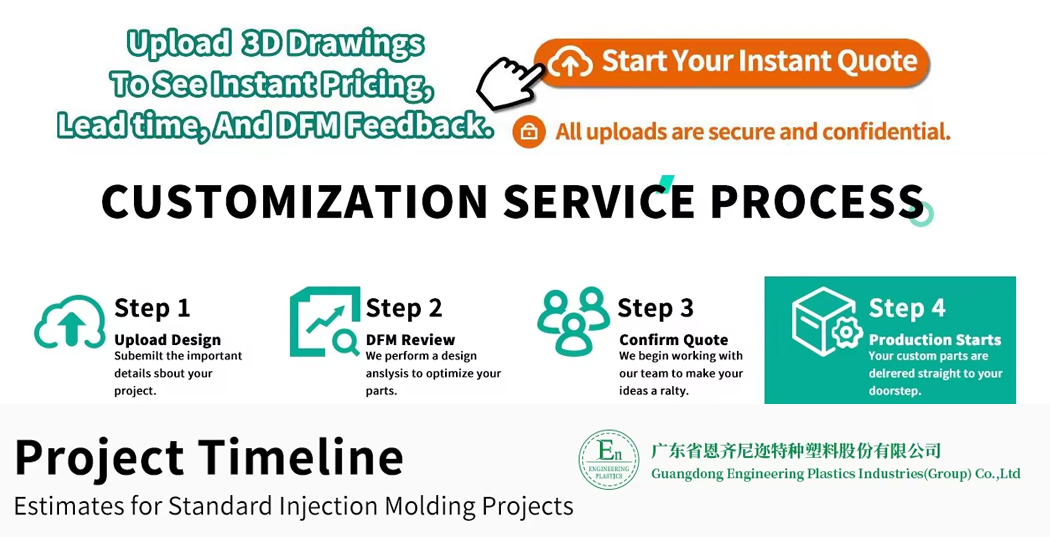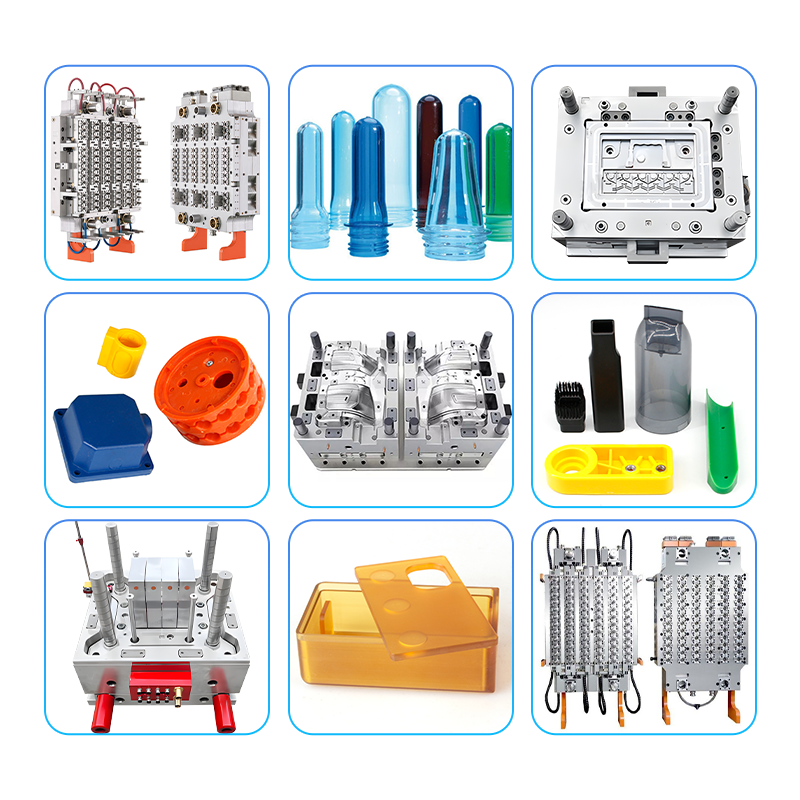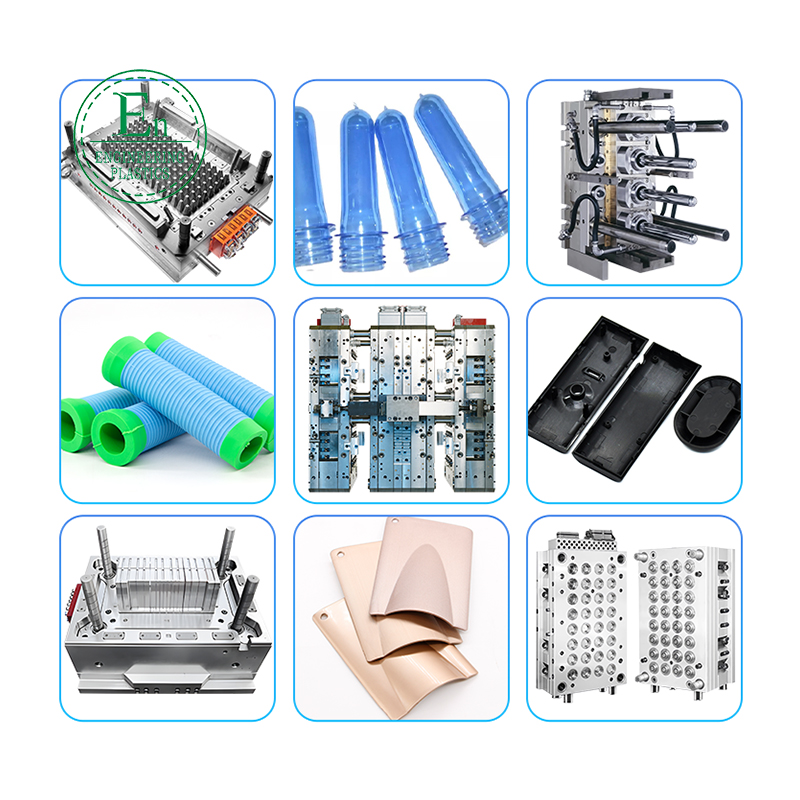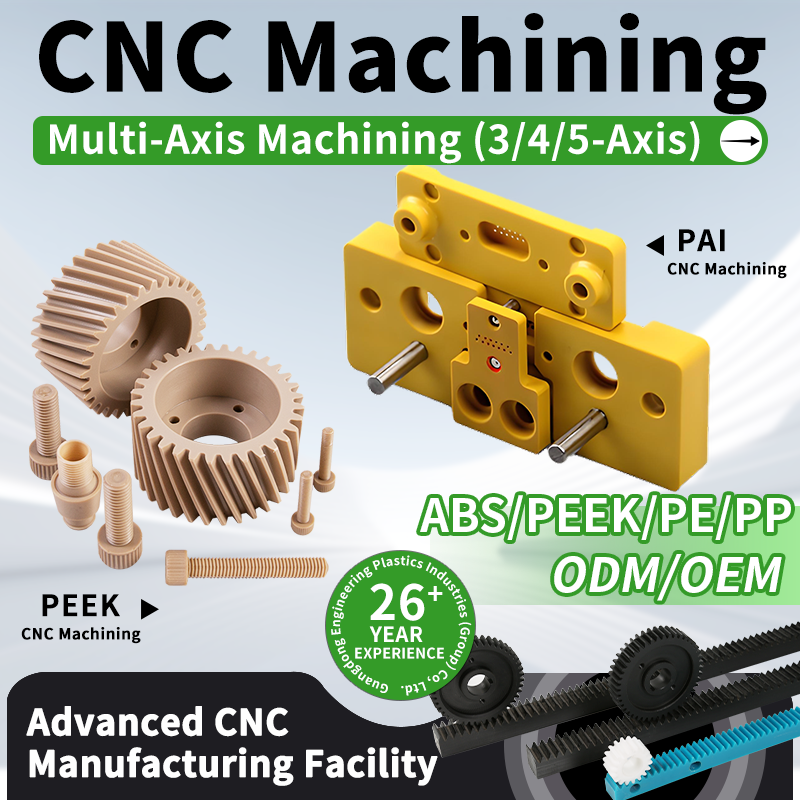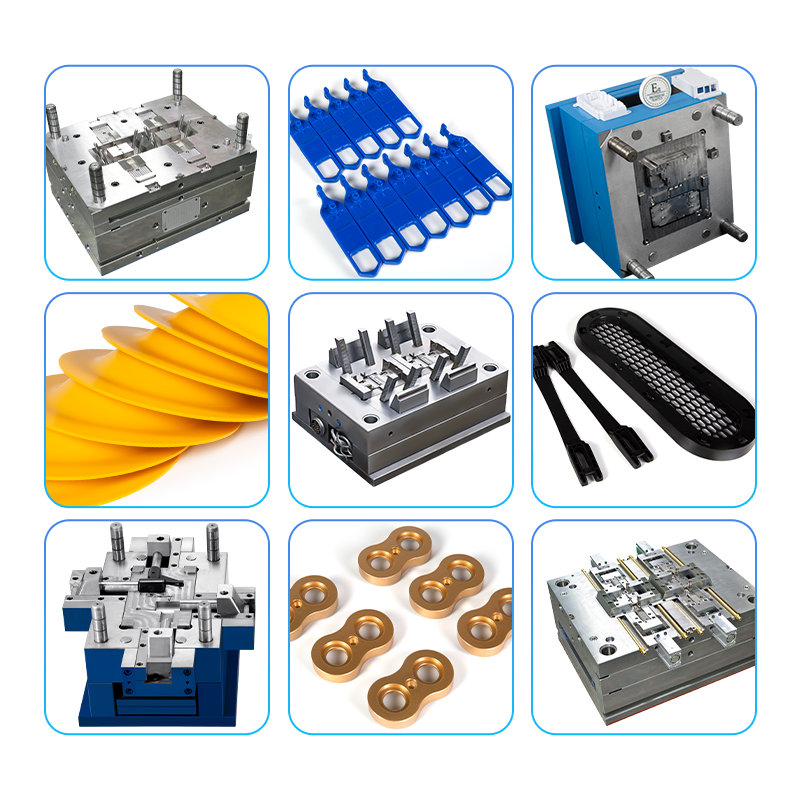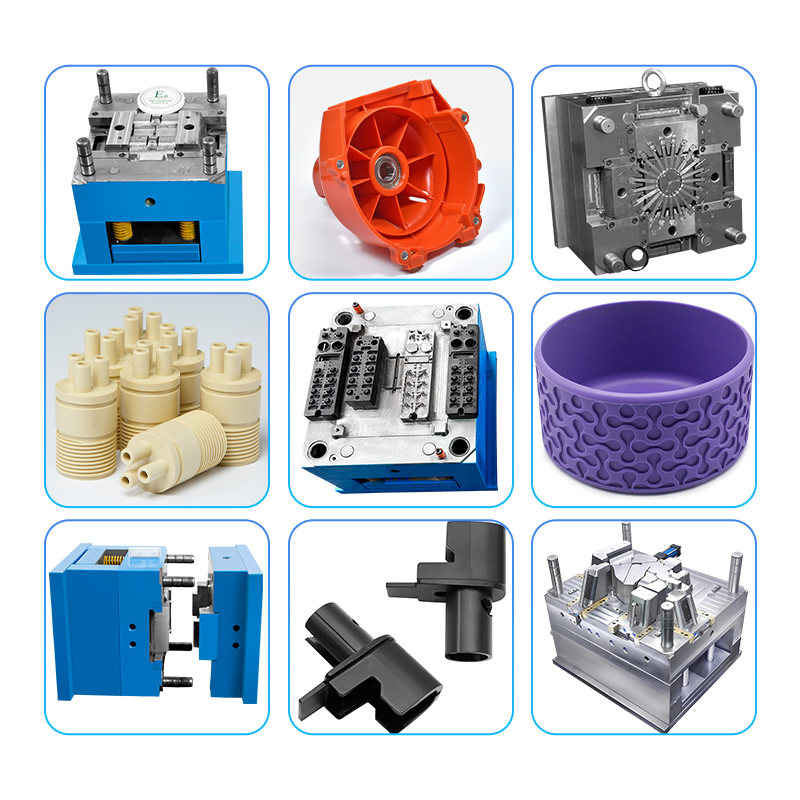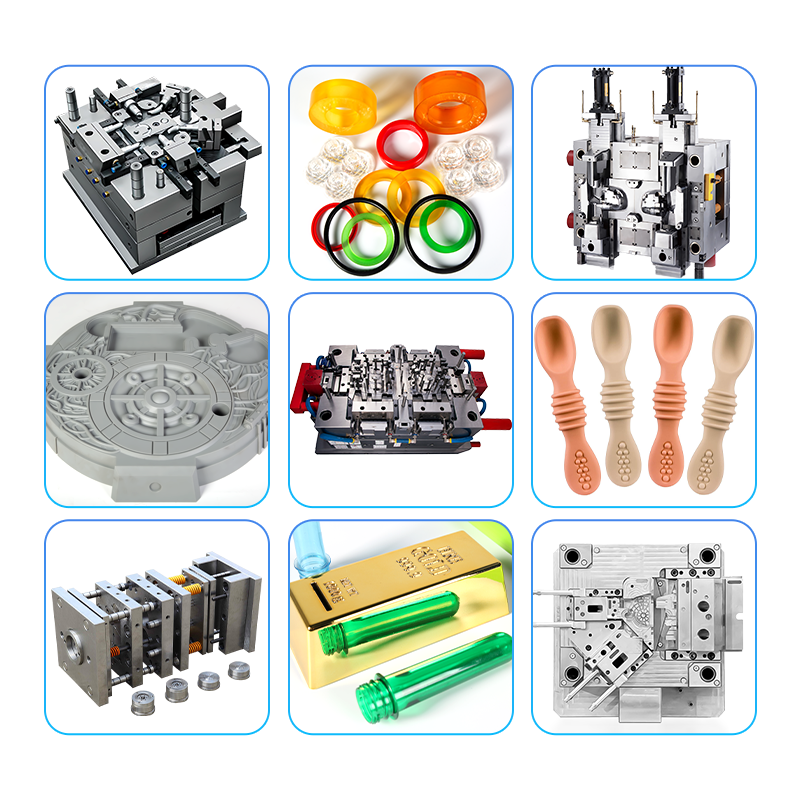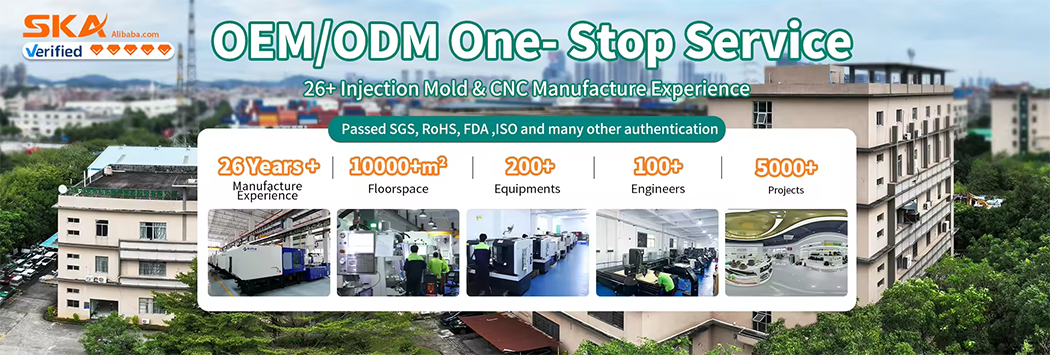
We’re Guangdong Engineering Plastics Industries Group Co., Ltd. , a specialized manufacturer of custom molds and injection molding solutions with 26 years of experience serving global clients.
Our expertise includes:
*Complex Mold Design: Multi-cavity, hot-runner, and micro-molding capabilities
*Full-Service Production: From prototyping to high-volume manufacturing
*Material Options: Engineering plastics, LSR, biodegradable polymers, etc.
*Quality Assurance: ISO 9001-certified with strict tolerance control (±0.01mm)
We’ve successfully delivered projects for industries including aerospace, automotive, robotics , and medical devices.
Our factory specializes in high-accuracy CNC machining of plastic components, utilizing state-of-the-art computer numerical control technology to deliver exceptional dimensional consistency and complex geometries. We process a wide range of engineering-grade thermoplastics including PEEK, PPS ,PAI, PI, PBI,PTFE,Nylon, ABS, POM, UHMWPE, PE,PSF, PEI, PSU, etc, catering to industries requiring tight tolerances from automotive to medical applications.
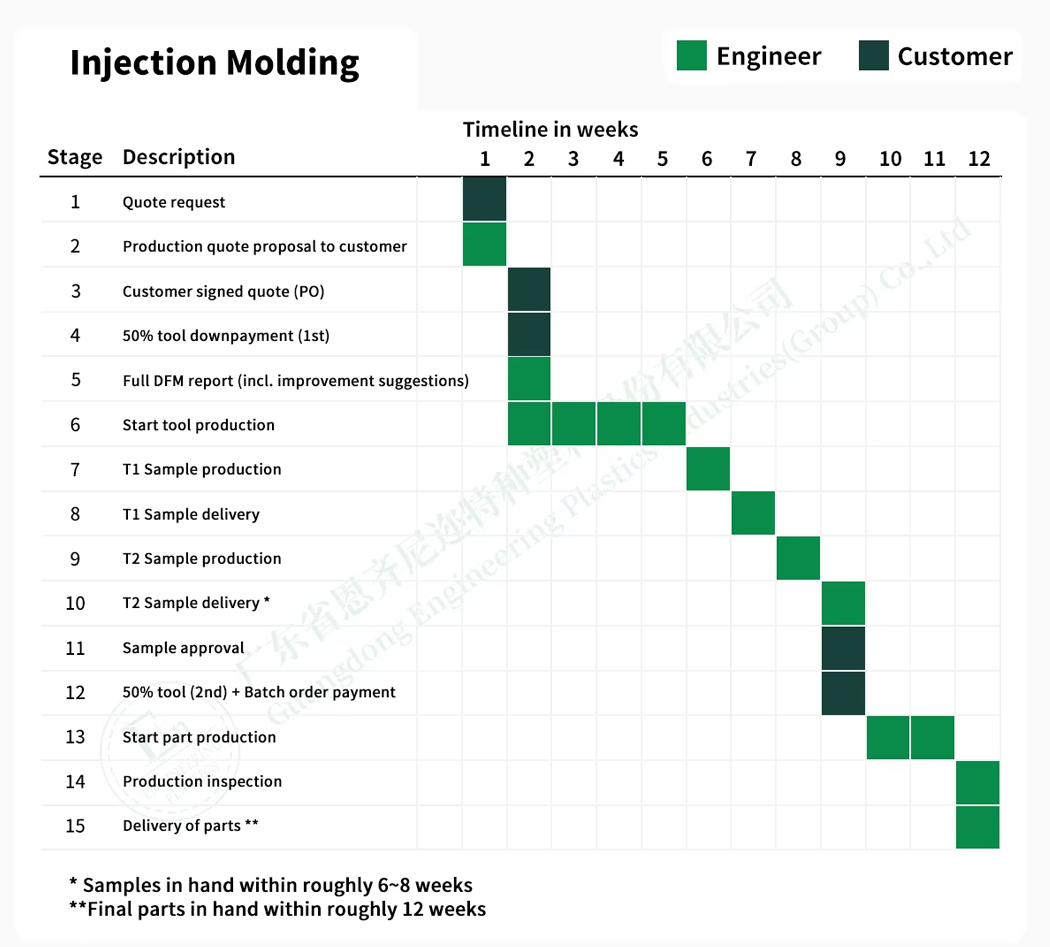
Could we schedule a call to discuss how we can optimize your next project for quality, cost, and lead time?
Email:sales@gz-plastics.com
Tel: +8618588927610
Website:https://gz-plastics.com/
The world of manufacturing is filled with processes of incredible precision and complexity, and few exemplify this better than plastic injection molding. The creation of a seemingly simple plastic part involves a symphony of carefully orchestrated movements within a highly engineered tool. Understanding these mechanics is key to appreciating the technology that produces a vast array of products we use daily. At the heart of this process is the injection mold, a sophisticated piece of machinery where molten plastic is shaped under immense pressure, and where every micro-movement counts towards achieving a perfect final product.
The Core of the Process: The Injection Mold
An injection mold is far more than just a hollowed-out block of steel; it is a custom-built tool designed with extreme precision to produce a specific part. Typically constructed from two main halves, the cavity side (A-side) and the core side (B-side), the mold forms the negative space of the final component. When these halves are clamped together in an injection molding machine, they create the sealed cavity into which molten plastic is injected. The design of an injection mold must account for numerous factors, including the material being used, the cooling channels to solidify the plastic efficiently, and the ejector system to push the finished part out. The quality and longevity of the mold directly impact the consistency and quality of the millions of parts it may produce over its lifespan.
Orchestrating Complex Movements for Precision
Creating complex part geometries, such as threads, clips, or holes, requires more than a simple open-and-close action. This is where the intricate movements within the mold come into play. Components like sliders, lifters, and core pulls are mechanical parts built into the injection mold that move during the molding cycle. For example, a slider is a part of the mold that moves perpendicular to the main opening action to create an undercut or a side feature. These components are precisely timed to move into place before injection and retract before the part is ejected. These complex movements enable the injection molding process to create incredibly detailed and functional parts in a single step, eliminating the need for secondary machining operations and making it a highly efficient manufacturing method.
Achieving the Perfect Injection Shape
The ultimate goal is to produce a flawless part, achieving the perfect forme d’injection, or injection shape. This is a result of the perfect synergy between the mold's design, the precise movements of its components, and the controlled parameters of the injection molding process itself. Factors such as injection pressure, melt temperature, cooling rate, and holding time are all meticulously controlled. Any deviation can lead to defects like warping, sink marks, or incomplete filling of the cavity. The successful creation of the desired injection shape relies on the robust design of the mold to withstand immense pressures and the flawless execution of all its internal movements, cycle after cycle.
The Symphony of Modern Manufacturing
In conclusion, the process of creating a plastic part is a testament to modern engineering. It is a dance of high pressure, controlled temperatures, and incredibly precise mechanical movements. From the foundational design of the injection mold to the complex actions of its internal components, every element works in concert. This synchronization allows injection molding to be one of the most versatile and widely used manufacturing processes, delivering everything from simple bottle caps to complex automotive components with remarkable speed and consistency. The unseen movements within the steel mold are what bring the plastic products that shape our world to life.

